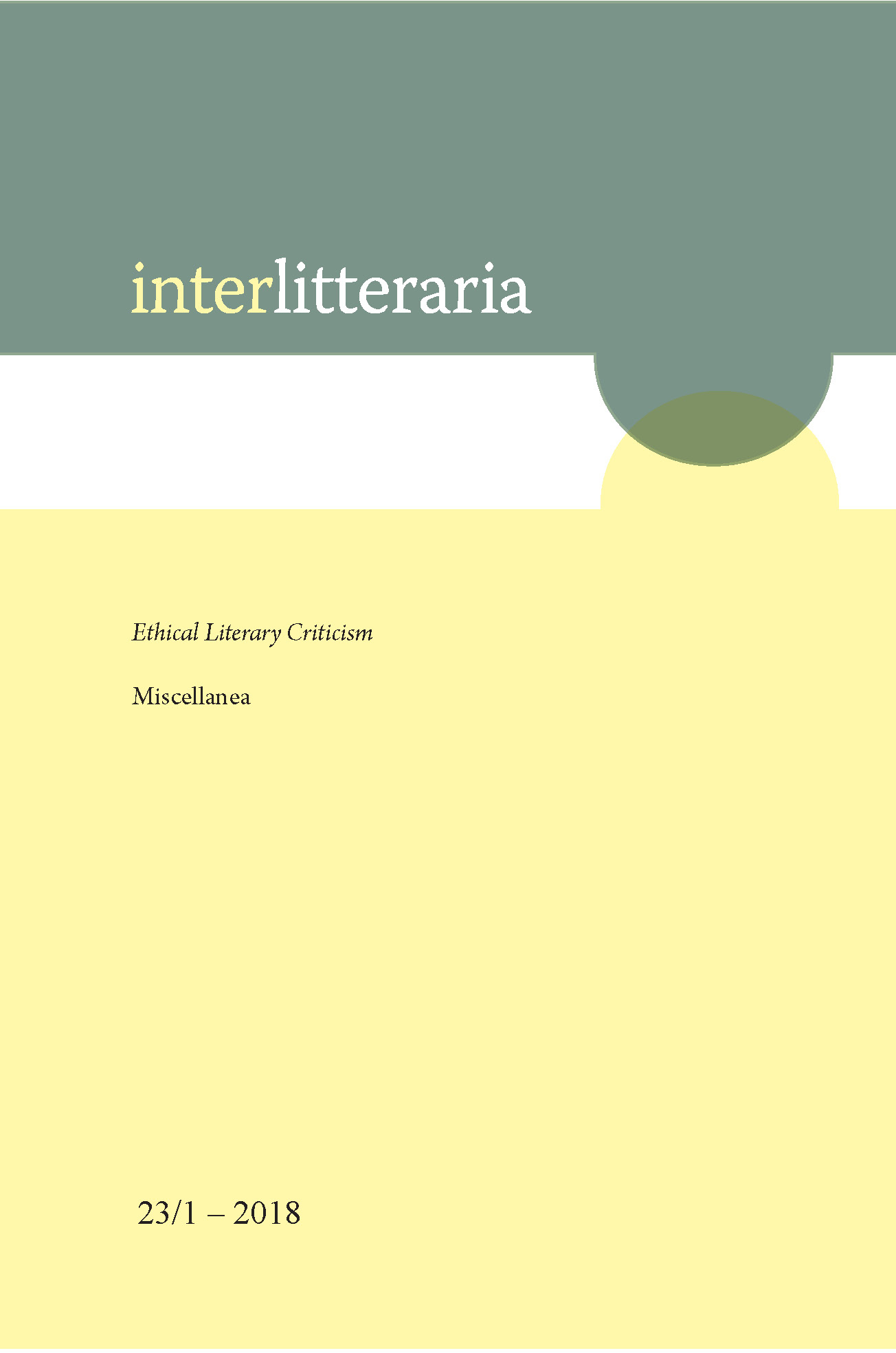« Ce n’est pas un livre, mais une pièce de théâtre… » : la lecture de Harry Potter et l’enfant maudit par les utilisateurs du réseau social littéraire Babelio
DOI:
https://doi.org/10.12697/IL.2018.23.1.19Keywords:
Harry Potter and the Cursed Child, drama text, dramatic form, reading, reception, online reader’s reviewsAbstract
“It’s not a book, it’s a play… ”: Harry Potter and the Cursed Child Read by the Users of Babelio, a Social Network for Book Readers. On the 31st of July 2016, Harry Potter and the Cursed Child, a play written by Jack Thorne in collaboration with J. K. Rowling and John Tiffany, was performed for the first time at the Palace Theatre in London. On the same day, the bookshops of Great Britain were literally invaded by the young wizard’s fans, whom were curious to know what happens next to their favorite heroes. Thereby, The Cursed Child is a play, not only to be performed, but also – and mostly – to be read. Whereas the Theater Studies, at least in France, consider the drama text mainly as a scenic performance element and thus, limits the drama text reading to text analysis, the reception of Thorne’s play allows to ask about the possibility of reading the drama text as a self-sufficient fictional text and invites us to investigate the specificities of this kind of reading. In order to do this, I have analyzed three hundred Cursed Child readers’ reviews, which are located on the babelio.com website, one of the biggest French social networks for book readers. It appears that the Cursed Child’s readers tend to read that drama text by comparing it to the seven Harry Potter novels. The main two differences perceived within the scope of this comparison (and which the readers often tend to attribute to the dramatic form specificities) are the so-called lack of descriptions and the rapid reading rhythm. However, these differences may receive a completely opposite evaluation, depending on the reader’s openness to the dramatic form. In this way, for the “reluctant” readers, it constitutes an obstacle which prevents the fictional immersion and therefore the pleasure of reading, whereas for the “enthusiastic” readers, it allows them to go through a new and pleasant experience. Moreover, it is not unusual to see that the reading of The Cursed Child markedly reduces the reader’s reluctance towards the dramatic form. In fact, the reader reviews analysis proves that The Cursed Child text activates the reader’s imagination, regardless of his reluctance. Consequently, the Thorne’s drama example demonstrates that a drama text can be considered as a self-sufficient fictional text which is able to arouse the pleasure of reading and we can therefore conclude that the reluctance or the pleasure is led by the reader’s own readiness to accept the alterity of the dramatic form.
Downloads
Downloads
Published
Issue
Section
License
The contents of Interlitteraria are published under CC BY-NC-ND licence.


